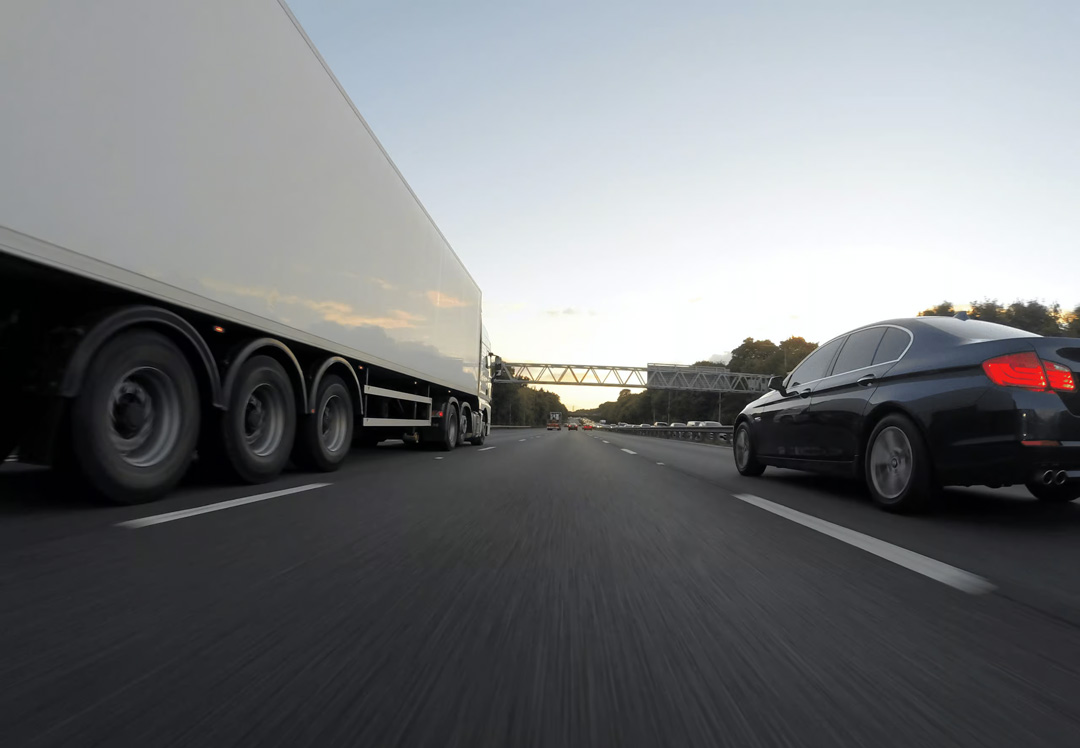No products in the basket.

eHGV. Major barriers to electrification threaten Government targets as industry calls for urgent support.
The Road Haulage Association (RHA) has issued a stark warning that the UK’s ambitious diesel phase-out deadlines for vans and trucks are at “significant risk” unless the Government provides immediate and decisive support for transport operators.
The Department for Transport (DfT) recently confirmed that the sale of new diesel vans will end in 2035, while the phase out date for heavy goods vehicles (HGVs) is still being debated.
The previous Government introduced a phase out date for diesel trucks, aiming to eliminate those weighing 26 tonnes or less by 2035 and all heavier trucks by 2040. However, new industry research reveals significant challenges that could derail these targets entirely.
The RHA’s comprehensive net zero survey, which included 500 van, HGV and coach operators of various sizes across the nation, revealed that 70% of HGV operators surveyed have no plans to add zero emission vehicles to their fleets. Even more concerning, 75% of coach operators had “no plans” to add zero emission vehicles to their fleets.
Currently, only 9% of HGV operators are operating electric HGVs, with a further 14% of operators saying they planned to bring eHGVs into their fleet within the next five years.
The survey identified several critical obstacles preventing widespread adoption of zero emission vehicles:
Range Limitations: the biggest barriers stopping HGV operators from going electric are limited range (45%), a fundamental concern for operators managing long-distance freight operations.
High Purchase Costs: high vehicle purchase costs (38%) represent another major barrier, particularly challenging for smaller operators working with tight margins.
Payload Restrictions: 30% of operators cited losing payload space due to heavy batteries as a significant concern, directly impacting operational efficiency and profitability.
Infrastructure Challenges: the survey also highlighted concerns about charging infrastructure availability and the time required for charging compared to traditional refuelling.
Richard Smith, managing director of the RHA, explained: “Our sector is the lifeblood of the UK economy, yet zero emission vehicle affordability, availability and performance remain major barriers to decarbonisation”.
His message was unequivocal: “Our message is clear: without decisive action now from Government to support businesses, questions will be asked about whether the 2035 and 2040 diesel phase-out deadlines are achievable”.
The findings highlight the urgent need for comprehensive support measures to bridge the gap between Government ambitions and industry reality. Transport operators across all sectors need to start planning now for the transition, despite the technological and economic challenges.
Immediate Considerations:
The Government faces increasing pressure to deliver targeted support measures that address the specific challenges identified by industry, including enhanced financial incentives, infrastructure development, and technology advancement programmes.
As the transport industry navigates this challenging transition period, Lloyd Morgan Group remains committed to helping operators understand and prepare for regulatory changes. Our transport compliance specialists can provide guidance on:
The path to decarbonisation presents significant challenges, but with proper planning and support, the transport industry can successfully transition while maintaining operational effectiveness. Contact our team for expert guidance on navigating these complex regulatory and technological changes.
Stay ahead of transport compliance developments with Lloyd Morgan Group’s expert insights and training programmes.